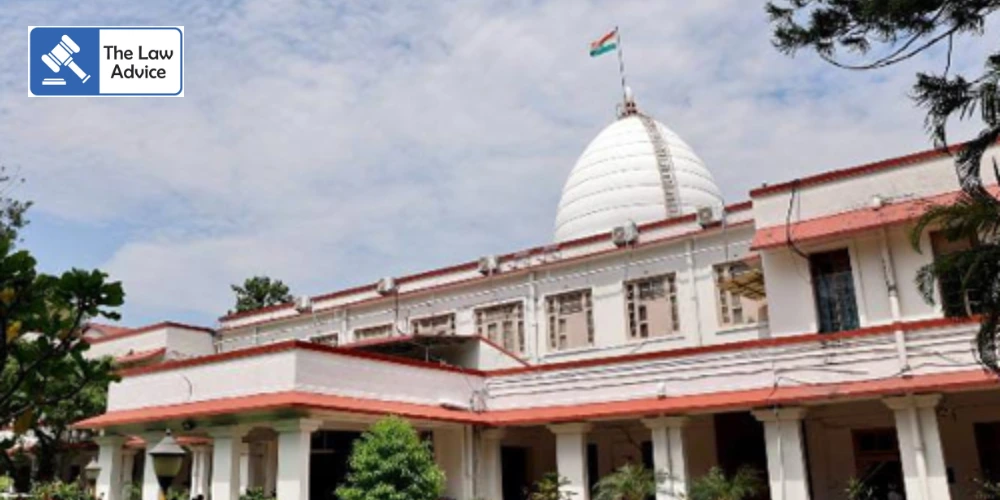Guwahati, Sept 4, 2025:
The Gauhati High Court has ruled that employees of the Assam Minorities Development Board, whose salaries are drawn from grants-in-aid instead of the State’s regular salary head, cannot be treated as government servants and are therefore not entitled to pensionary benefits under the Assam Services (Pension) Rules, 1969.
A Division Bench comprising Chief Justice Ashutosh Kumar and Justice Manish Choudhury dismissed a batch of appeals filed by former Board employees who had sought recognition as government servants on the basis that their posts were sanctioned and permanently retained by the State Government.
The appellants were working in Grade-III and Grade-IV categories such as Peon, Driver, LDA, and Stenographer under the Assam Minorities Development Board. They argued that since their posts were sanctioned and retained by the Government, their service should qualify for pension under Rule 31 of the 1969 Rules.
Earlier, a Single Judge had dismissed their plea, holding that they were not eligible for pension. The employees challenged this order in an intra-court appeal.
The appellants contended that:
• They had served for long periods under posts sanctioned by the State.
• Permanent retention of posts meant their service was equivalent to government employment.
• They relied on a 15 February 2024 notification from the Welfare of Minorities and Development Department, which had extended pension coverage under the New Defined Contribution Pension Scheme to one Board employee.
The State, however, argued that:
• Posts under the Board were sanctioned only conditionally and for limited periods.
• Salaries were disbursed from grants-in-aid, not from the regular State salary budget.
• Even if the Board qualifies as “State” under Article 12 of the Constitution, its employees cannot be equated with civil servants of the State Government.
The Bench examined Rule 31 of the Assam Services (Pension) Rules, 1969, which lays down conditions for pension eligibility: service must be under the Government, employment must be substantive and permanent, and pay must come directly from the Government.
The court observed that these conditions were not satisfied in the present case, since salaries were being paid out of grants-in-aid. While the Governor has the discretion to declare certain services as qualifying for pension, such discretion had not been exercised in the appellants’ case.
The Division Bench also relied on the Supreme Court’s ruling in State of Assam v. Barak Upatyaka D.U. Karmachari Sanstha, which held that even if Boards or Societies are considered “State” under Article 12, they are not the State Government, and their employees do not hold civil posts.
Dismissing the appeals, the court held that:
• The appellants were employees of the Board, not government servants.
• Their posts, though sanctioned, were not backed by the regular government salary head.
• The 2024 notification was an individual case and could not be extended to the appellants.
With these findings, the court concluded that employees of the Assam Minorities Development Board are not entitled to pensionary benefits under the 1969 Rules.
Case Title: Sri Ismail Ali and Ors v. State of Assam and Ors
Case No.: WA/241/2025
Counsel for Appellants: A. Deke, Advocate
Counsel for Respondents: M.D. Borah (SC, WMDD), S.K. Medhi (SC, AG), S. Sarma (GA, Assam)
